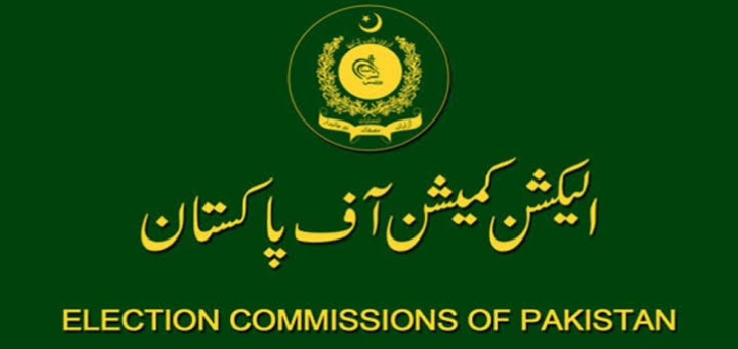ISLAMABAD: Federal Minister for Energy Owais Leghari has clarified that the government is not ending net metering but is considering changing the current mechanism to a more effective, transparent and sustainable model so that both the consumers and the country can benefit in the long term. He said that he had played a significant role in introducing net metering in 2017-18 and also wants positive changes in the current policy.
He said this while addressing a consultative meeting held at the Private Power and Infrastructure Board (PPIB), which was attended by solar industry experts, federal and provincial institutions and other stakeholders.
Owais Leghari said that the government currently has 7,000 megawatts of surplus electricity, which can be provided to the industry and agriculture sectors without subsidy at a rate of 7 to 7.5 cents per unit. He said that the government has been consulting the IMF for the approval of this scheme for six months to maintain a balance between supply and demand of electricity.
The federal minister said that the payback period for net metering consumers is three years or less, which is an acceptable business model. If consumers are consuming 40 percent of their own electricity, they recover their investment in three years.
He further said that expensive and unnecessary projects of 9,000 MW were terminated, while captive power consumers were brought back into the grid system by imposing a levy. This measure reduced industrial tariffs by 31 percent and recorded a significant increase in industrial consumption.
According to Owais Leghari, the volume of cross-subsidies given to the industry since June 2024 is Rs 174 billion, while electricity prices for different categories of consumers have decreased by 14 to 18 percent. He further said that the rates were also reduced by renegotiating the agreements with large IPPs and long-term power projects are being included only as per the requirement.









